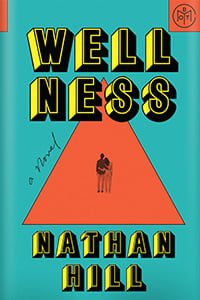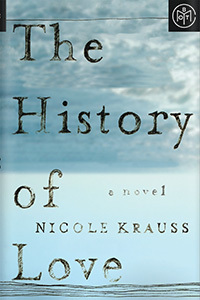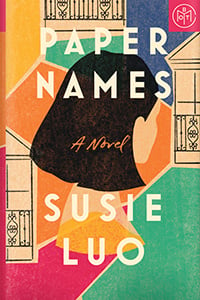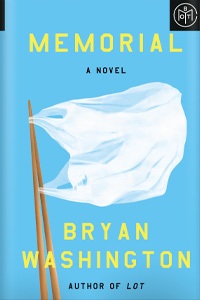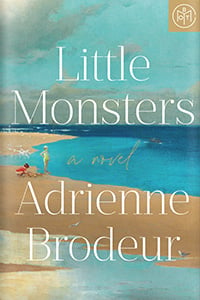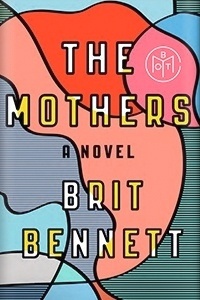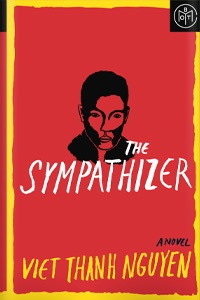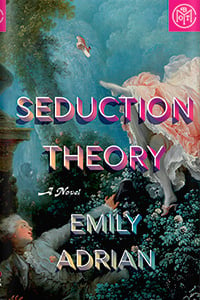

Literary fiction
The Sympathizer
by Viet Thanh Nguyen
Quick take
When both sides are beautiful and corrupt, is betrayal the only option?
Why I love it
Stephen Marche
Esquire Magazine
Occasionally a book comes along that you can't believe hasn't already been written. The Sympathizer is just such a book: an intellectual spy novel about the end of the Vietnam War that is, in equal parts, a thriller, a portrait of Republican Vietnamese in defeat and exile, and a psychological novel about the varieties of ambivalence thoughtful people must endure when living through complicated times. The book is addictive and compelling and mysterious all at the same time.
The narrator, who manages his confession quite well without a name, is a Communist double agent in the entourage of a defeated South Vietnamese General. His position is complicated by his status as half-Vietnamese, half-European and his problem is that he loves everyone. He loves Vietnam and wants it to be free. He loves America and all its luxury and frankness. He loves Communism and all its magnificent idealism. He loves capitalism and its gorgeous vapid consumerism. In long letters describing his new life in California to his Communist handler, the descriptions are testaments both to the beauty of America, and simultaneously to his dedication to serving its enemies. His fellow feeling extends to everyone and he never seems quite sure of whom he wants to betray or why. He never quite seems sure whom he belongs to and who belongs to him. And all these overlaid contradiction make for fascinating reading.
The spy's position makes him an ideal observer for a novel. He notes every detail with supreme cynicism and attention. Even the carpet of the office of Chair of Asian Studies becomes a grim political point: "He had hung an elaborate Oriental rug on his wall, in lieu, I suppose, of an actual Oriental." The thrill of The Sympathizer is in the sympathy, which becomes a surprisingly dangerous emotion. For a guy who sides with everybody and nobody, the inevitable question is which side will he end up on. The deeper question is: does it matter? When both sides are beautiful and corrupt, is betrayal the only option?






